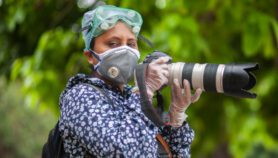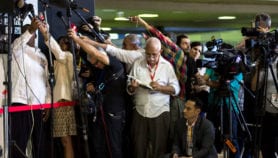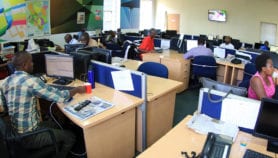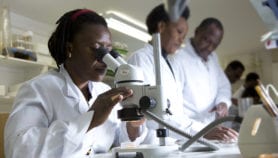22/02/21
‘Gender always matters’ in water diplomacy, governance
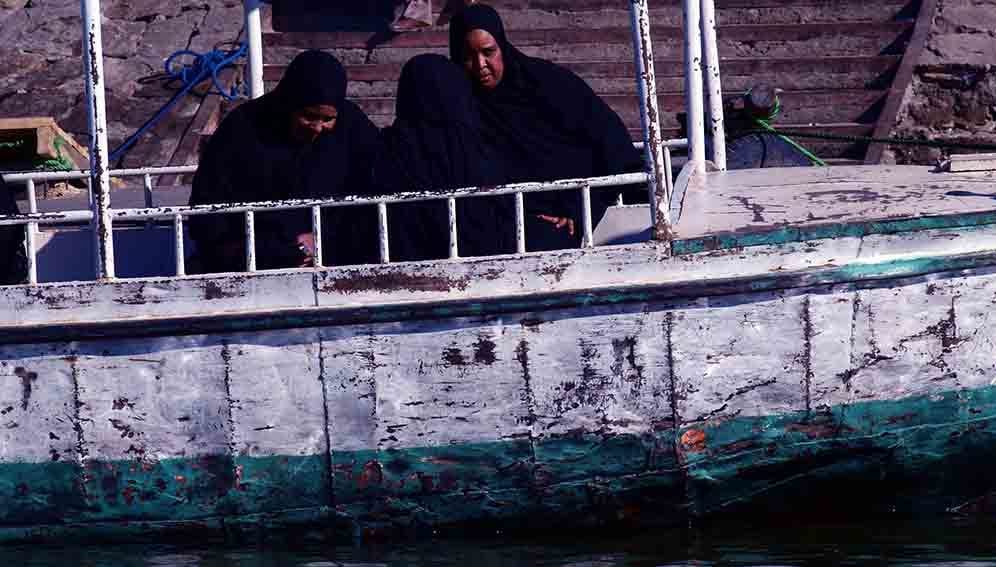
Send to a friend
The details you provide on this page will not be used to send unsolicited email, and will not be sold to a 3rd party. See privacy policy.
This podcast is supported by the DUPC2 project.
Media reports on international water negotiations often focus on “men in suits”. But, women’s roles in discussions at all levels should be highlighted because women can feel the impacts of water scarcity more sharply than men, say guests in the final episode of our three-part podcast series on water conflict and cooperation.
In the first episode, guests discussed their research on the role of the media in water diplomacy, and in our second episode we looked at why training is so important for water reporting.
Water Conflicts and Cooperation: A Media Handbook is available as an open access eBook.
Sign up for the new open online course, Science Communication for Water Cooperation and Diplomacy.
Episode guests
Elzahra Jadallah, freelance multimedia and science journalist.
Fredrick Mugira, water and climate change journalist.
Alexandra Said, United Nations Environment Programme.
This episode features High Water by Artem Bember, under Creative Commons.
Debate
Join SciDev.Net on 1 March, 2021 for a live, online debate on reporting water conflict and cooperation. The debate will bring together the water diplomacy community, including journalists, researchers, peace and security specialists, and diplomacy experts.

This podcast is produced by the project ‘Open Water Diplomacy. Media, Science and Transboundary Cooperation in the Nile Basin’, funded by DUPC2, the programmatic cooperation between the Directorate-General for International Cooperation of the Dutch Ministry of Foreign Affairs and IHE Delft Institute for Water Education in the period 2016-2020. The podcast has not been subjected to peer and/or policy review by DGIS or IHE Delft, and, therefore, does not necessarily reflect the views of these institutions.




